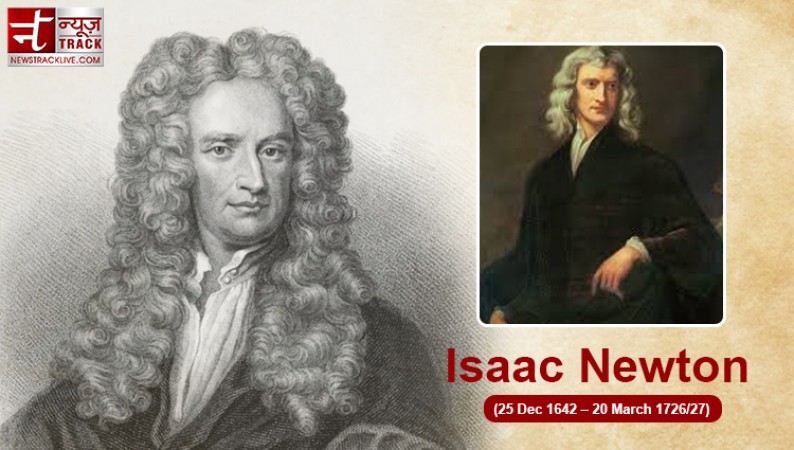
The father of modern physics, Sir Isaac Newton, was born on January 4th, 1643. He is among the most renowned and widely studied scientists in the modern world thanks to his famous equations about the existence of the force of gravity and mass. His reflections and experiments have been extremely beneficial to contemporary technologies and discoveries.
The epitome of the 17th-century Scientific Revolution was Isaac Newton, or Sir Isaac Newton died on March 31, 1727 in London. His discovery of the elements that make up white light in optics allowed for the integration of colour phenomena into the study of light and created the groundwork for contemporary physical optics. His three laws of motion, which are the pillor of contemporary physics, led to the creation of the law of universal gravitation in mechanics. He was the first person to discover the infinitesimal calculus in mathematics.
The Scientific Revolution was well underway when Newton arrived in Cambridge in 1661, and many of the foundational books of contemporary science had already been published. From Johannes Kepler to Nicolaus Copernicus, astronomers developed the heliocentric model of the cosmos.
A new mechanics based on the concept of inertia had been proposed by Galileo. René Descartes had inspired philosophers to develop a new view of nature as an elaborate, impersonal, and inert machine. Yet all of this might not have happened in the eyes of the European institutions, including Cambridge. They remained the bastions of antiquated Aristotelianism, which was based on a geocentric understanding of the cosmos and dealt with nature in terms of quality rather than quantity.
Watch the Top 10 events of 2022 that shaped the world
The events to attend in 2023 in the fields of space and astronomy